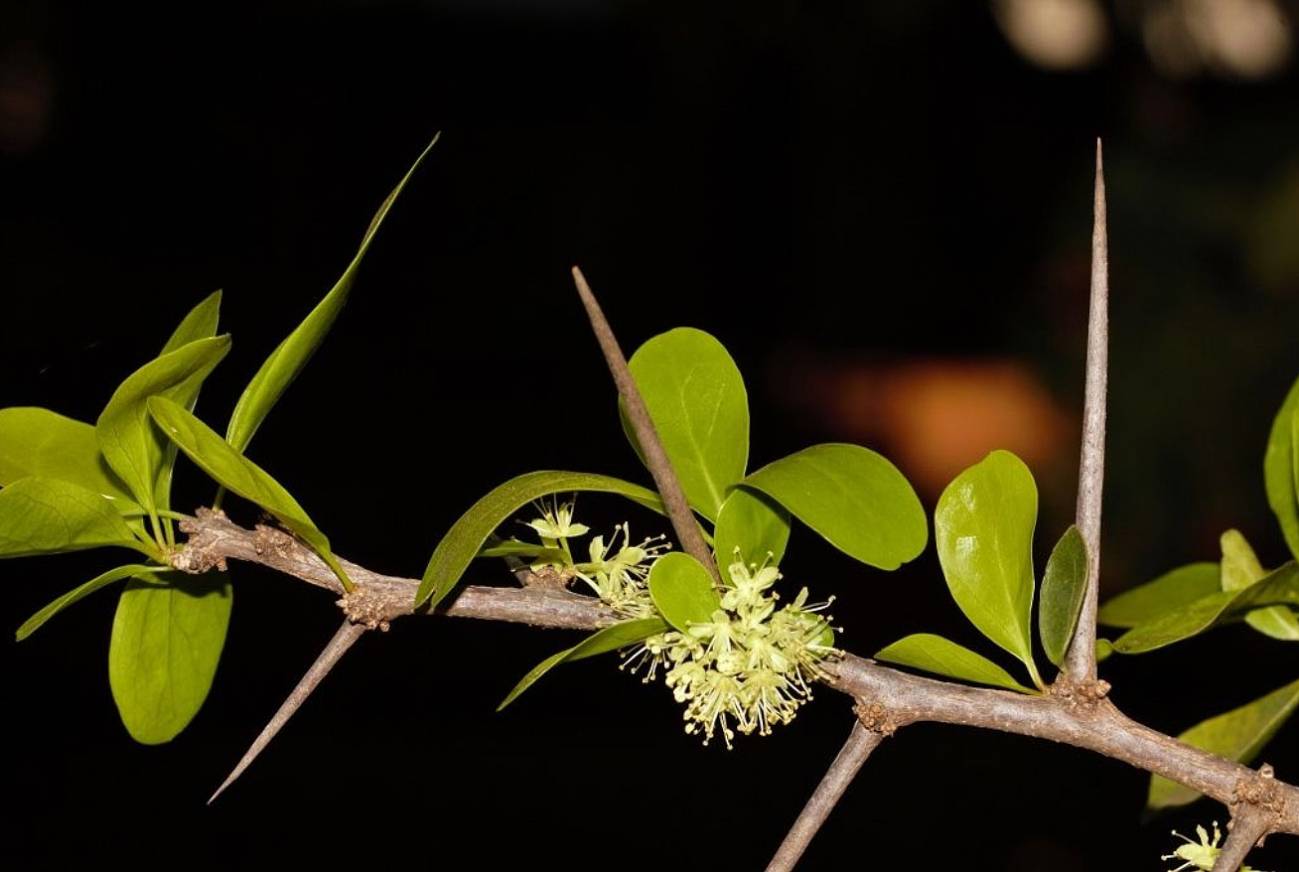To the meeting of the Nomenclature Section Nearly 200 botanists attended and assessed 433 proposals to amend the so-called Shenzhen Code, after the Chinese city where the previous congress was held in 2017, and thus shape the new code, now called Madrid code.
The proposals are presented and a vote is taken on whether or not they are accepted. Changes can also be made before they are voted on, and this is what happened with one of the most debated and controversial ones. Initially I planned to decline scientific names with an offensive or derogatory connotation retroactively. This would mean revising all plant names assigned since the 18th century Linneo set up the binomial system.
However, an amendment was adopted so that this revision or measure only applies to names published from the date of publication January 1, 2026, thus avoiding massive retroactive work. Therefore, no name published before that date will be revised or changed, contrary to what some sensational statements in the press claim.
This issue had already been raised and discussed in an article led by Pedro Jimenez Mejíasprofessor and researcher at Pablo de Olavide University (Seville), entitled Protective stable systems of biological nomenclature enables universal communication: an international collective call and published (in English) in the journal Life sciences. Signed by more than 1500 scientists from around the world. This article explained the implications of accepting the original proposal, which ultimately did not happen.
Exceptions
A special case that was voted separately was that of species with swear words derived from the root «Cafe[f][e]R-«, such as cafra, caffra, cafrorum and cafrum. This word (kaffir, in English) is extremely pejorative to some people in Africa today. But it wasn’t always that way: the negative connotations started in the mid-20th century.
This means that, before it was offensive, many species were described with that root, simply to indicate that a plant grew in certain species areas of Africa. But no or almost no plants were given that name after it became pejorative, which is very significant.
However, the consequence today is that in those regions it is very difficult to talk about these plants, because it is a word that is even forbidden in some of them, creating a real communication problem.
In this context, the proposal was finally approved, which consists of remove the letter “c” from the names of these plants, so that it remains as afra, affra, afrorum or afrum. This is an exception for this specific case.
This change will affect just over 200 names, but in practice only 56 are in use (many others are synonyms, i.e. multiple names referring to the same species), again to the disappointment of some keepers.
Other creative proposals
During the five days of meetings, from 8am to 6pm, many more proposals were assessed, apart from these two that have attracted media attention. One of the most notable is one that is looking for a fairer voting system. Until now, the votes of the institutions’ representatives varied depending on their size. From now on, all institutions have one vote, regardless of their size.
Another interesting proposal that was approved was the limitation of the number of characters in the names of the species: names with less than two letters and no more than 30 letters are not allowed, to facilitate communication. Examples such as the recently mentioned orchid Lepanthes o and the species Ornithogalum adseptentrionesvergentulum illustrated the need for this arrangement. This change will also take effect on January 1, 2026, so the previously mentioned species will not undergo any changes.
The assembly was also newly established “special” committeeswho are responsible for discussing certain complex topics between conferences, such as Nomenclature Ethics Committee. This will be responsible for reviewing and discussing ethical issues potentially related to botanical nomenclature until the next meeting, scheduled for 2029 in Cape Town, South Africa.
Finally, the Code is due to be approved at the end of next week at the International Congress of Botanical Nomenclature, which took place at the IFEMA Exhibition Center and was attended by approximately 3,000 botanists from around the world. There the Madrid code It was officially approved unanimously on Saturday, July 27.
In conclusion, the revision of the International Code of Nomenclature is an essential process that ensures that clarity and universality in the classification of plants, algae and fungi. While some proposed changes have generated debate and media attention, the decisions made in Madrid reflect a commitment to equality, precision and cultural respect, ensuring that botanical nomenclature remains the Esperanto of plants.
It is unfortunate that the tabloid press has focused on misinterpreting and exaggerating certain aspects, thus distorting the true purpose and achievements of this important scientific event.
Sonia Molino de Miguel She is a botanist of the Autonomous University of Madrid (UAM) and one of the attendees at the meeting of the Nomenclature Section in the framework of the XX International Botany Congress (Madrid)

